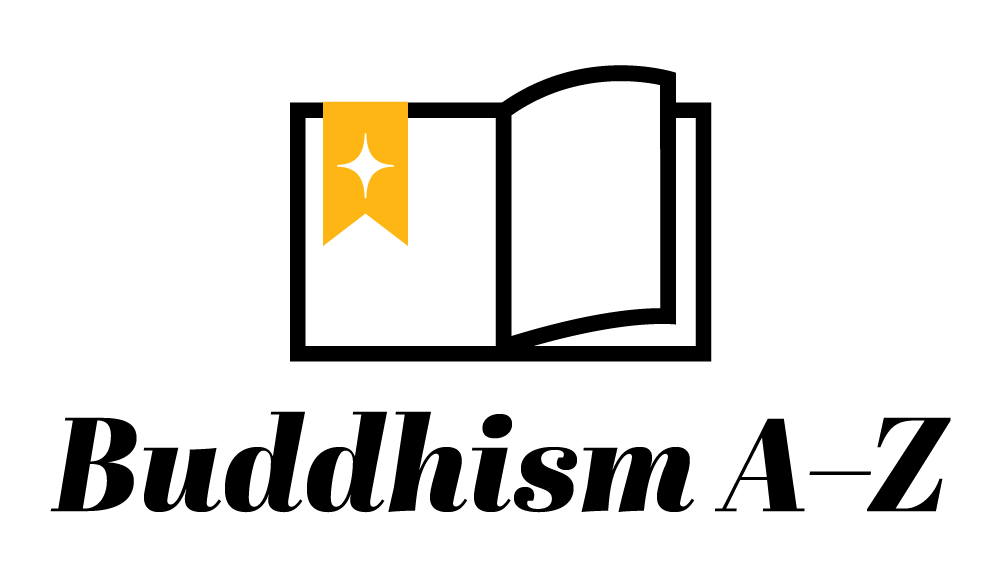What is “Beginner’s Mind”?
As Zen teacher Suzuki Roshi famously said, “In the beginner’s mind there are many possibilities, but in the expert’s there are few.” Shoshin – or Beginner’s Mind – is a concept rooted in Zen Buddhism. It proposes that when we start to learn anything for the first time, we are fresh, curious, and open to all possibilities. Our mind is not yet solid with concepts, opinions, and certainties; rather, it is the awakened mind itself. It is the “don’t know” mind that is the essence of meditation, and we should never lose it.
Why is Beginner’s Mind Important?
Beginner’s Mind (Shoshin) is important because it eliminates the biases that we have developed over time which tend to impede creativity. When we are children, our dominating mindset is one of curiosity. However, as adults, we become much more entrenched in our opinions and beliefs and we start to lose that sense of ‘child-like wonder’. This shutting down of our curiosity can lead to negative consequences.
For example, in one study, participants who were artificially made to feel as though they were experts on certain subjects, actually ended up being more close-minded about that same topic than those who were made to feel as though they were beginners. These “experts” became more rigid in their thinking and they were less willing to engage with the opinions of others. While it is important to feel confident in your learning, our best growth comes when we listen to others and remain open to learning new things. This is the importance of Shoshin.
How to Practice Beginner’s Mind
You can begin practicing Beginner’s Mind through meditation or conversation with others. When meditating, the key is to find a quiet place where you can be comfortable, pay attention to your body, focus on your breaths, and simply notice when a thought wanders into your mind. If there are any fantasies or narratives surrounding that thought, practice dropping them and observing it independently of those preconceived notions.
Likewise, when in conversation with others, try not to hold onto thoughts that state what you think that person should say or how you think they should act. Rather, observe the person unclouded by personal judgment, exactly as they are in front of you.
On the other hand, when we’re just starting our encounter with Buddhism, it is always helpful to learn more about the dharma and to get some advice about our practice. Suzuki Roshi’s classic Zen Mind, Beginner’s Mind, is a special online series that takes the viewer deep into the teachings of Roshi’s essential book, created for anyone wanting to better understand their mind.
Buddhism A–Z
Explore essential Buddhist terms, concepts, and traditions.

